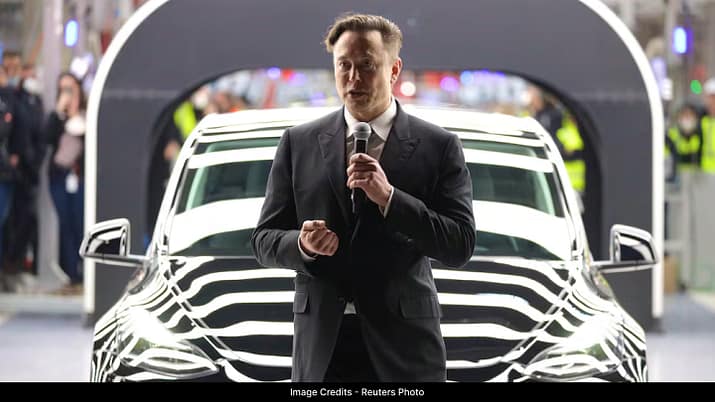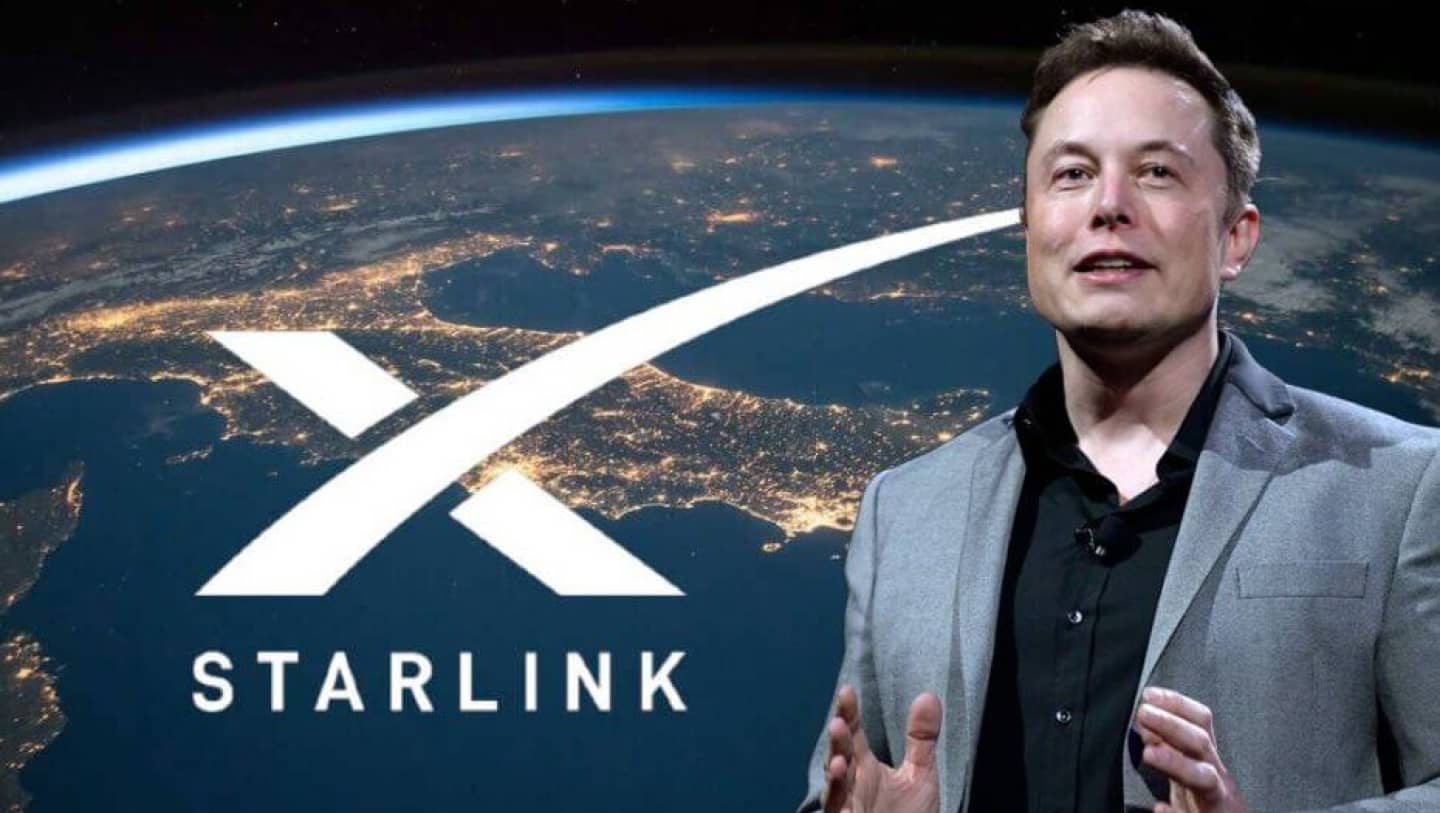Elon Musk-owned Tesla has started manufacturing right-hand drive cars for the Indian market at its Berlin plant, according to a Hindustan Times report. The company plans to have these cars on Indian roads later this year. In addition, Tesla is sending a team to India in the third week of April to scout locations for its manufacturing plans.
This comes after the Indian government last month announced its new electric car policy, which lowers tariffs on electric cars and ties it to a commitment to invest in manufacturing. Tesla is considering Gujarat, Maharashtra or Tamil Nadu as potential locations for its plant. The company also plans to make a significant foreign direct investment in India, including a preliminary direct and immediate investment of USD 3 billion.
Meanwhile, Tesla has started manufacturing a limited number of its standard brands in Germany to compete in the Indian market and test the charging ecosystem. Tesla’s move towards India has been building in recent years, but the company faces headwinds in the form of high import tariffs. But Tesla is also facing pressure from growing competition in China, one of its biggest markets, from brands like BYD and even Xiaomi with its latest SU7 EV.

India’s New Policy for Electric Cars
The Government of India has finalized a new policy to promote the production of electric vehicles (EVs) in the country. The initiative aims to make India a popular destination for electric car manufacturing. According to the government, the policy is expected to bring a number of benefits such as giving Indian consumers access to the latest EV technology, promoting competition, reducing production costs through economies of scale, curbing oil imports, reducing the trade deficit and contributing to a cleaner environment by reducing air pollution .
Minimum Investment: Companies interested in manufacturing EVs in India must invest at least Rs 4,150 crore (about US$500 million). There is no upper limit to how much they can invest.
Timeline: Companies have three years to set up their manufacturing facilities in India. Once set up, they should start producing EVs commercially. In addition, these companies must ensure that at least 50 percent of the vehicle’s value comes from components made in India within five years.
Domestic Value Addition (DVA): The policy requires that manufactured EVs gradually use more locally sourced parts. Specifically, 25 percent of the vehicle’s parts must be manufactured in India by the end of the third year and 50 percent by the end of the fifth year.
Import benefits: To help companies with the transition, the government is allowing them limited privileges to import electric cars at a lower tariff rate of 15 percent for five years, provided they meet a set-up timeline and investment commitments.
Also Read
- Meet Cyrus Mistry’s Sons, India’s Richest Billionaires Under 30
- 5.3 magnitude earthquake hits Chamba in Himachal Pradesh
Import limit: The number of electric cars that a company can import under this system is directly linked to the amount it invests. The maximum number of EVs allowed is 40,000 over five years, with an annual cap of 8,000, provided the investment is $800 million or more. Unused import quotas can be carried over to the next year.
Bank guarantee: Companies must secure their investment commitment with a bank guarantee. This guarantee will be encashed by the government if the company fails to meet the established criteria for domestic value addition or minimum investment.





